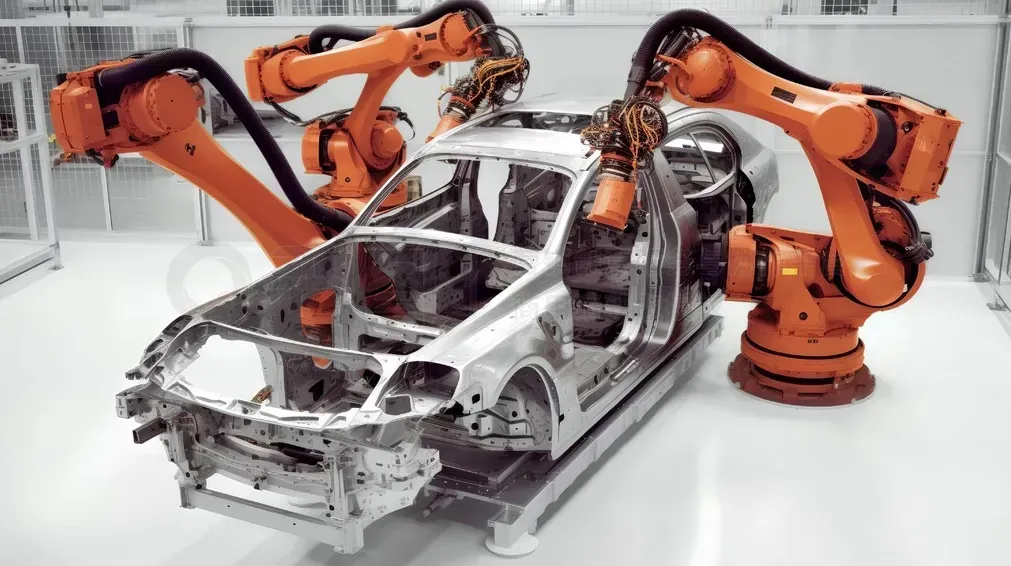Dec . 05, 2024 20:03 Back to list
Digital Transformation in Building Management and Design for Enhanced Efficiency and Sustainability
Digitalization of Buildings Transforming the Future of Architecture and Urban Development
In recent years, the rapid advancement of technology has led to the digitalization of various sectors, and one of the most significant areas impacted by this trend is architecture and urban development. The digitalization of buildings not only enhances the efficiency of design and construction processes but also optimizes the management and maintenance of structures throughout their lifecycle. This transformative approach is reshaping the way we conceive, construct, and inhabit our urban environments.
Digitalization of Buildings Transforming the Future of Architecture and Urban Development
Moreover, digitalization facilitates better project management and communication. Traditional construction methods often suffer from inefficiencies due to fragmented information flow. However, digital tools such as cloud-based platforms and mobile applications enable real-time data sharing among team members, regardless of their location. This connectivity ensures that everyone involved in the project is on the same page, leading to more effective decision-making and problem-solving. As a result, construction timelines are shortened and budgets are adhered to more closely.
digitalização de edifícios

Another significant aspect of digitalization is the integration of smart technologies in buildings. Smart buildings use sensors, IoT (Internet of Things) devices, and automated systems to monitor and manage various building functions, including lighting, heating, ventilation, and security. These technologies allow for personalized control of building environments, enhancing occupant comfort and energy efficiency. For instance, a smart building can automatically adjust its heating and cooling systems based on occupancy and outside weather conditions, reducing energy consumption and operational costs. Additionally, real-time monitoring of building systems can help identify maintenance needs before they escalate into costly repairs, thereby extending the lifespan of building components.
The benefits of digitalization extend beyond the construction phase into the operational realm. Digital twins, which are virtual replicas of physical buildings, play a crucial role in the ongoing management of properties. By continuously gathering data from sensors installed throughout the building, digital twins provide insights into energy performance, space utilization, and occupant behavior. This information can inform strategic decisions, such as optimizing energy use or redesigning spaces to better meet occupant needs. Furthermore, digital twins enable predictive maintenance, allowing facility managers to address issues before they affect building performance.
The environmental impact of building digitalization is another compelling advantage. As the world grapples with climate change, the construction and operation of buildings account for a significant portion of global carbon emissions. By leveraging digital tools, the industry can focus on sustainable design practices, minimizing waste, and maximizing energy efficiency. Combining BIM with advanced analytics allows for environmentally responsive designs that prioritize sustainability, thereby contributing to the reduction of a building's carbon footprint.
In conclusion, the digitalization of buildings is revolutionizing the architecture and urban development landscape. From enhancing collaboration in the design and construction phases to optimizing operational efficiency and sustainability in the management of buildings, this transformative trend holds immense potential. As technology continues to evolve, it is essential for industry professionals to embrace digitalization, ensuring that the buildings of the future are not only more efficient and sustainable but also better equipped to meet the demands of modern urban living. By integrating digital solutions into every aspect of building design, construction, and management, we can create structures that are not just buildings but dynamic environments adaptable to the needs of their inhabitants.
-
Why Steel Mills Rely on FODA’s High-Temperature Cylindrical Roller Bearings?
NewsApr.10,2025
-
What is a Plain Bearing? A Complete Guide to Design & Functionality
NewsApr.10,2025
-
Thrust Ball Bearings vs. Tapered Roller Bearings: FODA’s Performance Comparison
NewsApr.10,2025
-
The Engineering Behind FODA Thrust Ball Bearings: Precision for High-Speed Applications
NewsApr.10,2025
-
No More Compromises: Get Precision-Engineered Custom Bearings Tailored to Your Exact Specifications
NewsApr.10,2025
-
In-Depth Analysis: Application Differences of Different Types of Angular Contact Ball Bearings
NewsApr.10,2025
Products categories
















